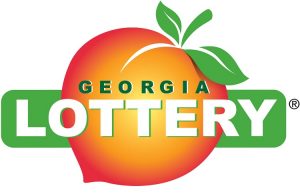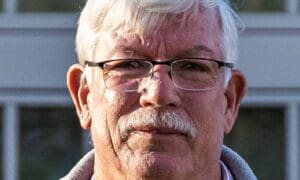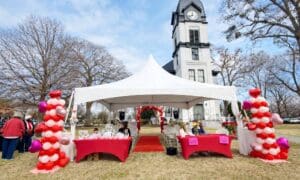There is more than one way to build a greenhouse.
While traditional permanent greenhouses have been regulated in county zoning ordinances for a long time, some confusion has arisen in recent months regarding popular temporary structures commonly known as hoop houses. These have been out of compliance in many cases, but changes to the ordinance at the Dec. 11 Fayette County Board of Commissioners meeting have mostly addressed the issue.
While not qualifying technically as a greenhouse because of the temporary nature of its construction, a hoop house also did not comply as an accessory structure according to the ordinance, county Planning and Zoning Director Pete Frisina told the board at the meeting. The issue was resolved by establishing separate categories for temporary and permanent greenhouses.
County staff also set specific guidelines relating to setback and size according to acreage. “A hoop house in a residential neighborhood would look different than one in A-R [rural zoning category],” said Frisina.
A permit for a temporary greenhouse will be required but through planning and zoning instead of the building department. There will be no charge for that permit, but county staff will be able to approve the plan before the structure is erected so it doesn’t have to be moved later.
“This doesn’t have to be complex,” Frisina said of the process. “We just want them to comply.”
No one from the audience spoke for or against the matter before the board approved it unanimously.
Among the changes to the ordinance, the definition of a foundation as “in-ground masonry or poured concrete” was stipulated since its existence is perhaps the primary distinguishing feature of a permanent greenhouse.
A temporary greenhouse by definition is now described as a structure constructed with metal, plastic, or wood framing (bent in a half-round or hoop shape in the case of a hoop house) with a plastic sheet or cloth covering that is not mounted on a foundation.
A permanent greenhouse means a structure typically constructed with wood or metal framing and covered by glass or plexiglas that is mounted on a foundation.
In both cases, they can only be used for growing or storing plants.
Temporary greenhouses may not exceed 10 feet in height and are limited to one per lot. Size limitations vary according to lot size, with larger structures permitted on tracts with more acreage.
In other business, the board approved several positions on the Fayette County Library Board, representing various municipalities — Marie Washburn of Peachtree City, Lisa Richardson of Tyrone, and Kim Bradley of Brooks.
Darryl Paul was also appointed to the county’s ethics board, and he came forward during the meeting’s public comment time to introduce himself to the commissioners and thank them for the opportunity to serve.
The board approved Commissioner Allen McCarty’s recommendation to display the motto “In God We Trust” prominently in the commission meeting room, although the exact look and location have not yet been determined. The vote was unanimous, and there was no public comment for or against.
County administrator Steve Rapson said that his staff would come up with two or three options and bring them to the board for their consideration in the near future.











Leave a Comment
You must be logged in to post a comment.